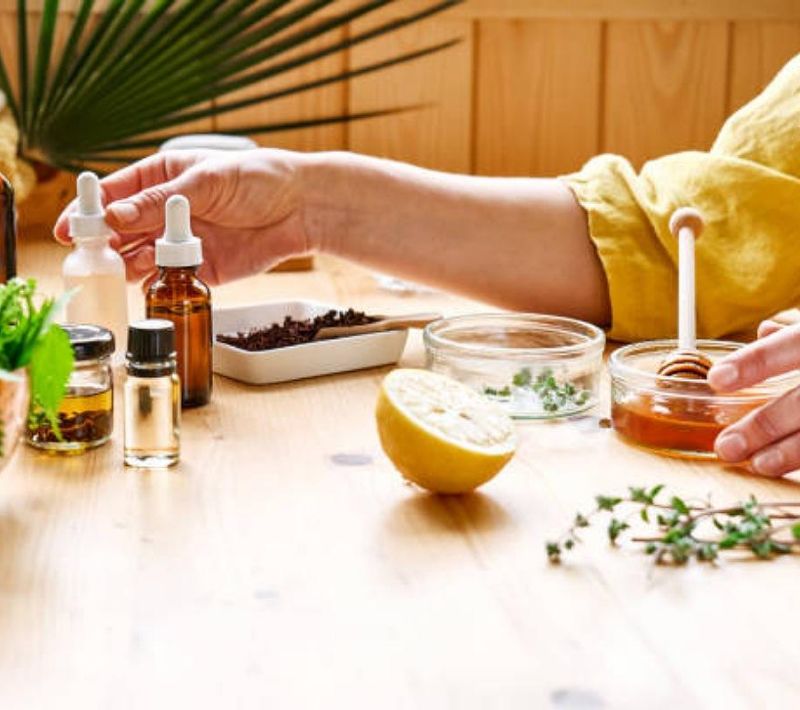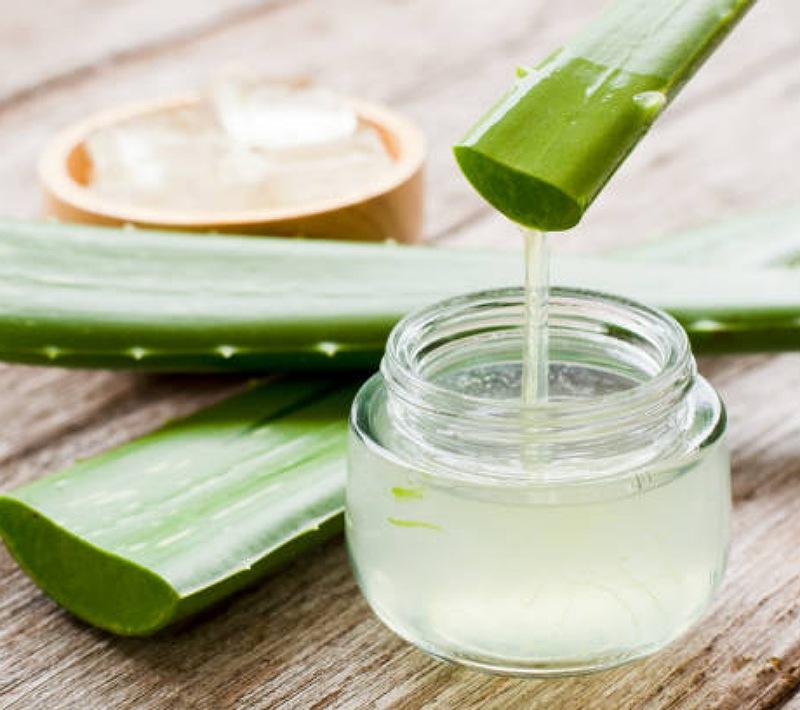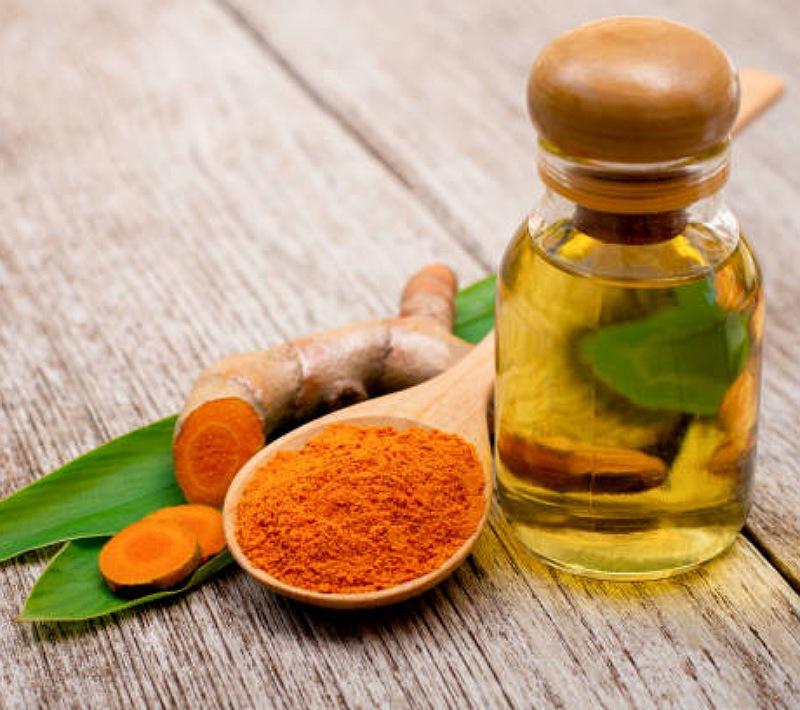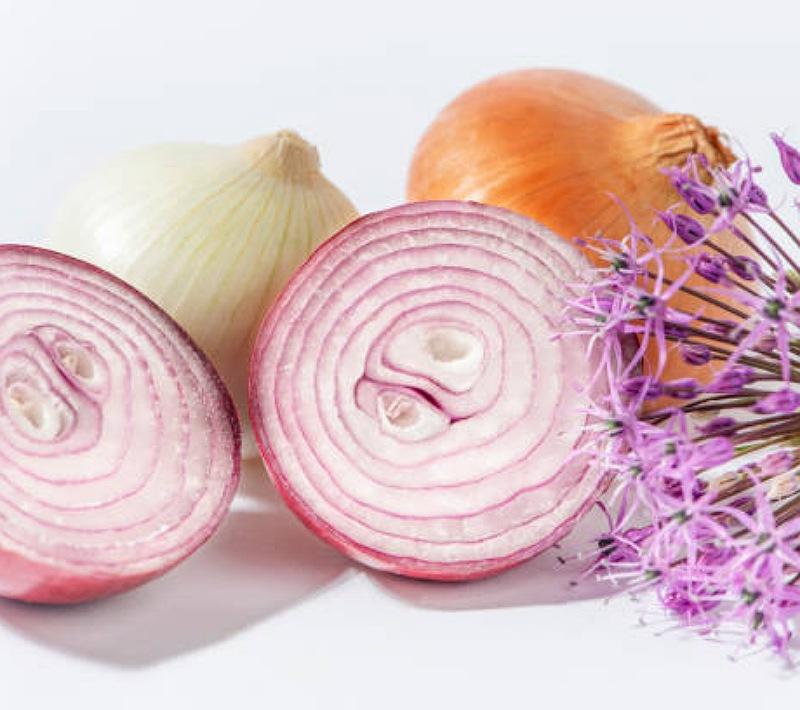10 Natural Remedies on How to Lighten Dark Areas On Your Body

10 Natural Remedies That Lighten Dark Areas On The Body |
Dark areas on the skin can be concerning, but there are natural remedies that can help brighten and even out skin tone. From aloe vera to honey, these remedies offer gentle and effective solutions without harsh chemicals. Let’s explore 10 natural ways to lighten dark areas on your body together.
Keep scrolling!
What Causes Hyperpigmentation in Women?
Before we talk about treatment, we need to discuss the cause. Below, we’ll be highlighting some reasons why you might be experiencing skin discoloration. Keep reading to find out.
Hyperpigmentation occurs when certain areas of the skin become darker than the surrounding skin. There are several factors that can contribute to skin discoloration, ranging from sun exposure to hormonal changes. Understanding the causes of skin discoloration is important for effectively treating and preventing it.
7 Causes of Hyperpigmentation in Women
1. Sun Exposure
One of the primary causes of skin discoloration is prolonged exposure to the sun’s harmful ultraviolet (UV) rays. When the skin is exposed to the sun, it produces melanin, the pigment responsible for giving the skin its color. While melanin helps protect the skin from UV damage, excessive sun exposure can lead to an overproduction of melanin, resulting in dark spots or patches on the skin, commonly known as sunspots or age spots.
2. Hormonal Changes
Hormonal changes, particularly during pregnancy or menopause, can trigger skin discoloration. This type of discoloration, often referred to as melasma or chloasma, is characterized by brown or grayish patches on the face, typically on the forehead, cheeks, or upper lip. Hormonal fluctuations, such as those experienced during pregnancy or when taking oral contraceptives, can stimulate the production of melanin, leading to hyperpigmentation.
3. Post-Inflammatory Hyperpigmentation
Skin inflammation or injury, such as acne, eczema, or dermatitis, can cause post-inflammatory hyperpigmentation (PIH). When the skin is inflamed or injured, it produces excess melanin as part of the healing process, resulting in dark spots or patches in the affected areas. PIH can occur in all skin types but is more common in individuals with darker skin tones.
4. Genetic Factors
Genetics can play a role in predisposing individuals to certain types of skin discoloration. Some people may inherit a tendency to develop freckles, moles, or birthmarks, which are areas of localized hyperpigmentation. Additionally, certain genetic conditions, such as albinism or vitiligo, can cause patches of lighter or darker skin due to a lack or excess of melanin production.
5. Skin Trauma
Physical trauma to the skin, such as cuts, burns, or scars, can lead to discoloration as the skin heals. In response to injury, the skin may produce excess melanin, resulting in darkening of the affected area. This type of discoloration is often temporary but may persist if the skin does not heal properly.
6. Skin Disorders
Certain skin disorders, such as hyperpigmentation disorders, can cause irregular darkening of the skin. Conditions like melasma, lentigines (age spots), and post-inflammatory hyperpigmentation fall into this category. These disorders may be triggered by various factors, including genetics, hormonal changes, and environmental influences.
7. Medications and Chemicals
Some medications, such as certain antibiotics, hormone therapies, and chemotherapy drugs, can cause skin discoloration as a side effect. Additionally, exposure to certain chemicals or allergens in skincare products or cosmetics can irritate the skin and lead to hyperpigmentation.
How to Lighten Dark Areas on Your Body Naturally

1. Aloe Vera
Aloe vera, often referred to as the “plant of immortality,” is a versatile remedy for various skin concerns, including dark spots. Its cooling gel soothes irritated skin while its natural enzymes work to lighten pigmentation.
Regular application of fresh aloe vera gel directly onto dark areas promotes cell regeneration and helps fade discoloration. The gel’s hydrating properties also nourish the skin, leaving it soft and supple. Incorporate aloe vera into your skincare routine for a gentle yet effective solution to brighten and even out skin tone naturally.
2. Papaya

Papaya, known for its tropical sweetness, harbors potent enzymes like papain that gently exfoliate the skin, revealing a brighter complexion. This natural exfoliation process helps to slough off dead skin cells, reducing the appearance of dark spots over time.
Papaya is also rich in vitamins A, C, and E, which nourish and rejuvenate the skin, promoting a more even skin tone. Regular application of mashed papaya to dark areas revitalizes the skin, leaving it smoother and more radiant. Say goodbye to dullness and hello to luminous skin with the power of papaya.
3. Turmeric

Turmeric, the golden spice renowned for its culinary and medicinal properties, also offers impressive benefits for the skin. Its active compound, curcumin, boasts anti-inflammatory and antioxidant properties that help combat pigmentation and promote a brighter complexion.
Creating a paste with turmeric powder and a dash of milk or yogurt creates a potent skin-brightening treatment. As you apply this aromatic mixture to dark areas, you’ll experience its gentle yet effective action, gradually fading discoloration and revealing a more luminous complexion. Embrace the golden glow of turmeric for naturally radiant skin.
4. Lemon

Lemon, with its zesty fragrance and high vitamin C content, is a powerhouse ingredient for lightening dark spots on the skin. The citric acid in lemon juice acts as a natural bleaching agent, gently fading pigmentation and revealing clearer skin. However, it’s essential to dilute lemon juice with water to prevent irritation, especially for sensitive skin types.
Regular application of freshly squeezed lemon juice to dark areas brightens the skin over time, leaving you with a refreshed and rejuvenated complexion. Harness the brightening power of lemons for a naturally radiant glow.
5. Green Tea

Green tea, celebrated for its numerous health benefits, also works wonders for the skin, particularly in lightening dark areas. Packed with antioxidants called catechins, green tea helps protect the skin from environmental damage while promoting a more even skin tone.
Applying cooled green tea directly to dark spots not only soothes the skin but also aids in reducing pigmentation over time. With its gentle yet effective action, green tea rejuvenates the skin, leaving it looking brighter and more radiant. Indulge in the refreshing goodness of green tea for a complexion that glows from within.
6. Tomatoes

Tomatoes, with their vibrant red hue and juicy flesh, contain lycopene, a powerful antioxidant known for its skin-brightening properties. When applied topically, the natural acids in tomatoes gently exfoliate the skin, reducing the appearance of dark spots and revealing a more even complexion.
Whether you choose to mash up a ripe tomato or mix tomato juice with lemon for added benefits, including tomatoes in your skincare routine can help revitalize and brighten your skin naturally. Say hello to smoother, more radiant skin with the brightening power of tomatoes.
7. Apple Cider Vinegar

Apple cider vinegar, long praised for its myriad health benefits, also offers a natural solution for lightening dark areas on the skin. Its acidic nature helps exfoliate dead skin cells, revealing fresh, brighter skin underneath.
When diluted with water and applied topically, apple cider vinegar gently fades dark spots over time. Start with a weaker concentration to avoid irritation and gradually increase as tolerated. With consistent use, apple cider vinegar can help even out skin tone and restore a healthy, radiant complexion. Embrace the clarifying properties of apple cider vinegar for visibly brighter skin.
8. Buttermilk

Buttermilk, a byproduct of butter production, contains lactic acid, a gentle exfoliant that helps lighten dark spots and promote a more even skin tone. Its mild acidity also helps maintain the skin’s natural pH balance, preventing dryness and irritation. When applied topically, buttermilk nourishes the skin while gently sloughing off dead skin cells, revealing brighter, smoother skin underneath.
Whether used alone or combined with other natural ingredients, buttermilk offers a gentle yet effective solution for achieving a luminous complexion. Embrace the nourishing properties of buttermilk for skin that looks and feels revitalized.
9. Onions

Onions, commonly found in kitchens around the world, harbor potent compounds like quercetin and sulfur, which possess skin-lightening properties. Extracting onion juice and applying it to dark areas helps reduce pigmentation and promote a more even skin tone. Although the idea of onion juice may seem unconventional, its efficacy in lightening dark spots is undeniable.
With regular use, onion juice can help fade discoloration and reveal clearer, brighter skin. Embrace the natural power of onions for a skincare solution that’s as effective as it is accessible.
10. Honey

Honey, nature’s sweet elixir, offers a multitude of benefits for the skin, including lightening dark areas and promoting a more even complexion. Its natural humectant properties lock in moisture, keeping the skin hydrated and supple. Additionally, honey’s antibacterial properties help prevent breakouts and promote skin healing.
Whether applied alone or combined with other natural ingredients, such as lemon or yogurt, honey offers a gentle yet effective solution for brightening dark spots. Say goodbye to dull, uneven skin and hello to a radiant complexion with the sweet indulgence of honey.
Conclusion
Dark areas on the body can be a source of insecurity for many people, but with these 10 natural remedies, you can effectively lighten and brighten your skin without resorting to harsh chemicals.
Whether you prefer aloe vera’s soothing gel or the antioxidant-rich properties of green tea, there’s a natural solution for everyone. Incorporate these remedies into your skincare routine and say hello to a more radiant complexion.
All images are sourced from istockphoto

